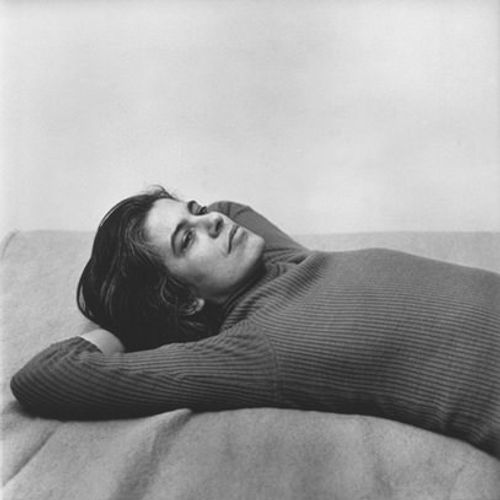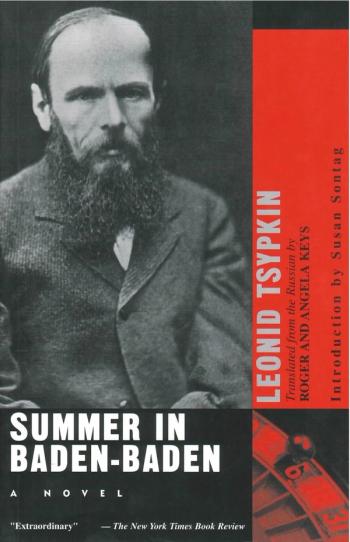With a contribution by Susan Sontag
A lost masterpiece and one of the major achievements of Russian literature in the second half of the 20th century. Summer in Baden-Baden was acclaimed by The New York Review of Books as “a short poetic masterpiece” and by Donald Fanger in The Los Angeles Times as “gripping, mysterious and profoundly moving.” Its author, Leonid Tsypkin, never saw a single page of his literary work published during his lifetime. A complex, highly original novel, Summer in Baden-Baden has a double narrative. It is wintertime, late December, no date given: a species of “now.” A narrator––Tsypkin––is on a train going to Leningrad (once and future St. Petersburg). And it is mid-April 1867. The newly married Dostoyevsky, Fyodor and his wife Anna Grigoryevna, are on their way to Germany, for a four-year trip. This is not, like J.M. Coetzee’s The Master of St. Petersburg, a Dostoyevsky fantasy. Neither is it a docu-novel, although its author was obsessed with getting everything “right.” Nothing is invented. Everything is invented. Dostoyevsky’s reckless passions for gambling, for his literary vocation, for his wife, are matched by her all-forgiving love, which in turn rhymes with the love of literature’s disciple, Leonid Tsypkin, for Dostoyevsky. In her remarkable introductory essay, Susan Sontag explains why it is something of a miracle that Summer in Baden-Baden has survived, and offers an account of Tsypkin’s beleaguered life and the important pleasures of his marvelous novel.

